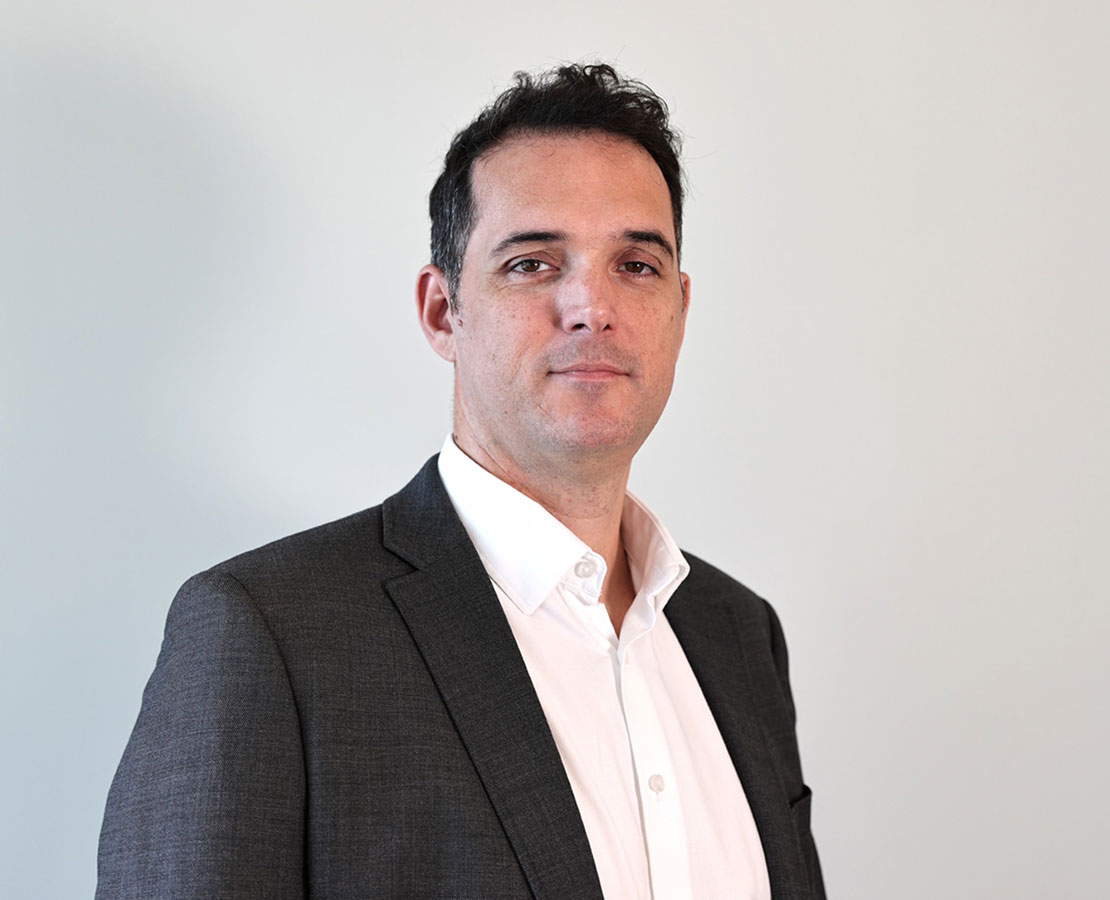Empower to transform—how green skills unlock business value
已发表: 07/30/2025

Empower to transform—how green skills unlock business value
已发表: 07/30/2025

Empower to transform—how green skills unlock business value
What do all these examples have in common?
- Construction workers understanding health and safety
- Software developers understanding quality assurance and testing
- Office workers understanding cyber security
- Oil and gas service workers understanding data confidentiality
- Teachers understanding first aid
- Workers understanding financial responsibility and cost control
At first glance, these examples represent a diverse range of professions with distinct responsibilities. However, they share a common thread. They all represent skills and competencies that once belonged to specialized groups, but have now become a shared responsibilities across entire organizations—a shift in mindset which has been critical to achieving desired outcomes in these fields. Sustainability skills, so called “green skills” are fast becoming one more example of this, moving from being the duty of a group of sustainability specialists to essential skills for the entire workforce.
Parallels with digital transformation
Deloitte and IEMA have highlighted this as one of the four key trends in the energy transition job market1. They compare it to the digital transformation seen in recent years: any successful business today embeds digital skills within all functions, sustainability skills must follow suit.
The need is clear: for businesses to be truly sustainable, everyone needs to be involved, everyone needs to be able to identify and capture opportunities to improve and break established non-sustainable habits and practices.
As CGI aptly put it: “Energy transition isn’t just a technology shift—it’s a redesign of how energy is produced, managed, and monetized.”2
To survive and thrive in the energy transition era, companies must re-invent themselves. This means redesigning the way they operate, from procurement to delivery. Achieving this requires a cultural shift and an upskilled workforce capable of re-framing their ways of working through the lens of sustainability and decarbonization.
This transformation brings opportunities to innovate and create additional value for the business3. This was borne out in a study conducted by EY4, which found that companies taking the most action to address climate change are 1.8 more likely to report higher-than-expected financial value from their climate initiatives, compared to those taking the least action.
The benefits are clear: empowering your workforce with sustainability knowledge and skills unlocks actionable opportunities that can drive climate and financial progress..
The challenge of upskilling: gaps in “green skills”
Unfortunately, building the baseline of knowledge across the workforce can be a challenge. Studies indicate that the growth in demand for “green skills” is outpacing supply, and many organizations are struggling to keep up5. Furthermore, EY reports that almost half of the companies most impacted by the energy transition do not know how to do the upskilling themselves, even if most agree it is essential6.
Filling these capability gaps can be daunting. It can be expensive and time-consuming, even impractical in larger companies due to the scale required. Furthermore, training offerings around sustainability and energy transition seem fragmented, focusing on single topics such as sustainability fundamentals, greenhouse gas (GHG) accounting, or specific technologies such as hydrogen.
A scalable solution: the Energy Transition Academy
Recognizing these challenges, SLB has leveraged our digital expertise and knowledge on sustainability, decarbonization, and digital technology to create an e-learning course that is engaging and efficient—designed specifically to create that essential knowledge baseline.
Our Energy Transition Academy is a comprehensive, 10-hour e-learning course that your entire workforce can complete at their own pace. It covers:
- The fundamentals of sustainability.
- Practical approaches to decarbonization.
- Deep dives into key technologies relevant to the energy industry, including CCUS, hydrogen, and methane management.
Deloitte and IEMA have highlighted this as one of the four key trends in the energy transition job market1. They compare it to the digital transformation seen in recent years: any successful business today embeds digital skills within all functions, sustainability skills must follow suit.
The need is clear: for businesses to be truly sustainable, everyone needs to be involved, everyone needs to be able to identify and capture opportunities to improve and break established non-sustainable habits and practices.
Energy Transition Academy
Learn more about the Energy Transition Academy.
1“ A blueprint for green workforce transformation”, Deloitte & IEMA, https://www.deloitte.com/content/dam/assets-zone2/uk/en/docs/about/2023/deloitte-uk-a-blueprint-for-green-workforce-transformation.pdf
2“ The workforce of the future in energy: from challenge to transformation”, Geoffrey Cann and Peter Warren, CGI, https://www.cgi.com/canada/en-ca/article/oil-and-gas/workforce-future-energy-challenge-transformation
3“ Energy’s pivotal role in a sustainable future”, David Seabrook & Rui Bastos, Energy (R)evolution video series, Episode 1, SLB, https://www.slb.com/products-and-services/delivering-digital-at-scale/software/digital-sustainability/energy-r-evolution-video-series
4“ As global headwinds slow momentum, how can we accelerate climate action?”, Amy Brachio & Matthew Bell, EY, https://www.ey.com/en_uk/insights/sustainability/how-can-we-accelerate-climate-action
5“ Global Green Skills Report 2023», LinkedIn Economic Graph, https://economicgraph.linkedin.com/content/dam/me/economicgraph/en-us/global-green-skills-report/green-skills-report-2023.pdf
6“ How workforce sustainability will transform the energy industry”, Cyntressa Dickey & Amy Brachio, EY, https://www.ey.com/en_nl/insights/workforce/how-workforce-sustainability-will-transform-the-energy-industry

Energy Transition Academy
Learn more about the Energy Transition Academy.
